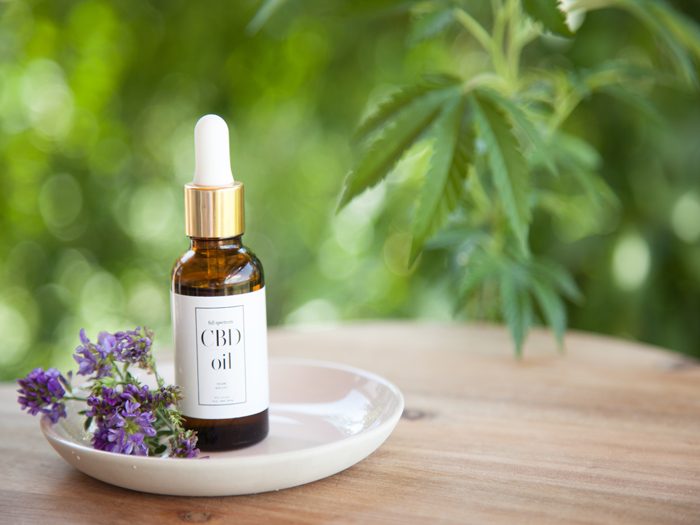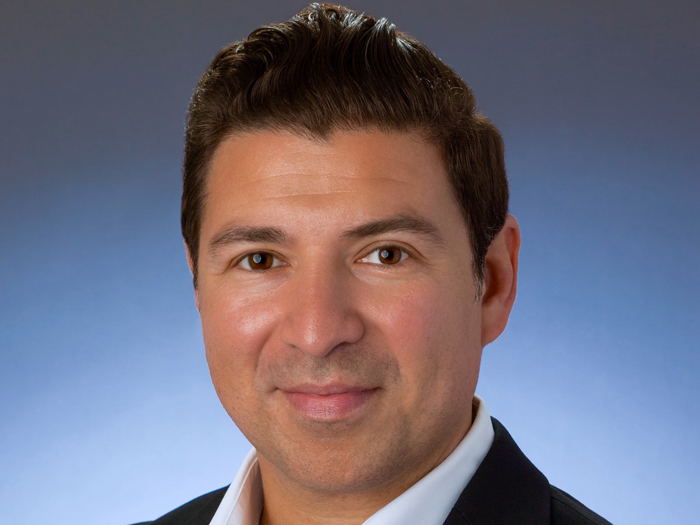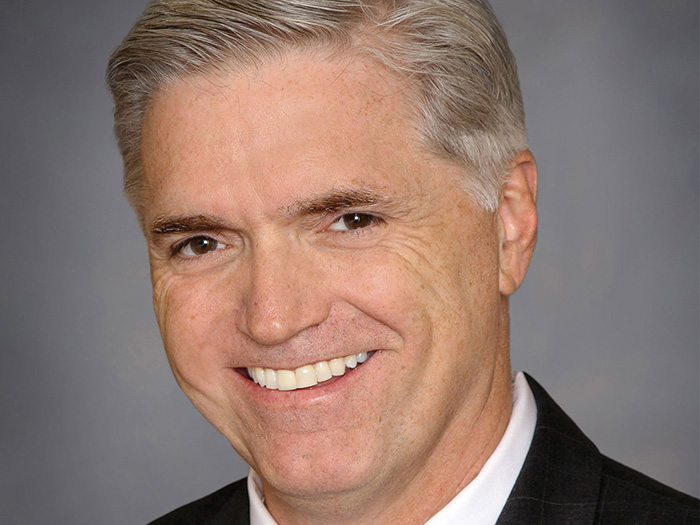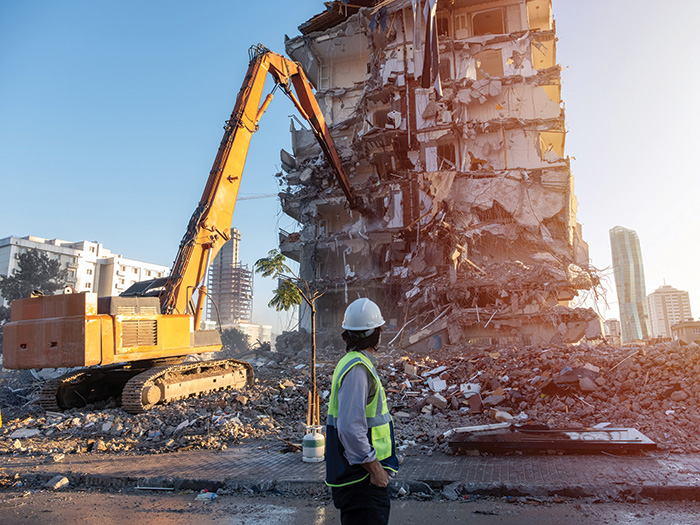5 CBD Myths That Need Busting Before the Drug Hits Workers’ Comp Payers

CBD products have exploded since 2018 when the Agricultural Improvement Act removed hemp-derived CBD from the list of Schedule I drugs. Everything from CBD infused beers to gummy bears that claim to use the drug to help battle insomnia have hit the market.
CBD has become so popular that Google searches for the term surpassed searches for Beyoncé by more than three times, according to reporting from the Atlantic.
With claims of relieving joint and back pain — common workers’ comp complaints — CBD is gaining interest from doctors looking to treat patients post-surgery and those with chronic pain.
“It’s promising in a lot of different therapeutic avenues because it’s relatively safe,” James MacKillop, co-director of McMaster University’s Michael G. DeGroote Center for Medicinal Cannabis Research in Hamilton, Ontario, told the New York Times.
While CBD may be promising, it comes with a lot of baggage. Myths about its safety, THC content and potential benefits are pervasive. Here are four you should know about if a doctor prescribes one of your injured workers CBD.
1) Workers’ Comp Can’t Pay for It
If you’re unsure about paying for drugs that people commonly use to get high, you’re not alone. Questions about whether CBD and other forms of medical cannabis can be compensated through the workers’ compensation system abound.
Adding fuel to this debate is the fact that some states see marijuana and other cannabinoids as more recreational substances than medical ones.
“This is one of my favorite things to talk about — is [cannabis] more like Tylenol or is it more like a roller coaster?” Lisa Anne Bickford, director of government relations at Coventry said in a recent webinar.
“The question remains as more and more states view this as a recreational substance, does that undermine the argument that it’s a medicine?”
Unlike other forms of cannabis that have a high THC content, hemp-derived CBD (the kind you see in convenience stores) has less than 0.3% THC content, which makes it a more attractive alternative to some medical professionals looking to prescribe medical marijuana treatments.
“[CBD is] hands-down safer generally than THC,” Dr. Yasmin Hurd, director of the Addiction Institute at Mount Sinai in New York City and a professor at the Icahn School of Medicine, told the New York Times.
Hurd has done extensive research on CBD and believes the drug has the potential to help combat the opioid crisis, an oft-discussed topic in workers’ comp. Other cannabinoids, including cannflavin A and cannflavin B, have also been considered as potential replacements for opioids.
While some payers may have luke-warm feelings about paying for forms of medical cannabis, courts and state regulations have recently come down on the side of compensating injured workers who have been prescribed the drug.
In March of 2019, the New Hampshire Supreme Court ruled that the state’s workers’ compensation board was wrong to deny a claim that had medical marijuana treatments and throughout the year several states have passed laws requiring forms of medical marijuana to be compensated.
2) Just Because the Label Says CBD, Doesn’t Mean Products Are THC Free
A lack of standardization and rampant mislabeling plagues the CBD and medical marijuana markets as a whole. Dosages also differ between products and dispensaries.
A 2017 study in the Journal of American Medical Association (JAMA) found that seven out of every 10 CBD products did not contain the amount of cannabinoid on their labels. Forty-three percent of products contained less and 26% contained more.
The same study found that one in five CBD-only products contained THC.
“There’s so much wild west mentality with CBD production specifically,” Nikki Wilson, director of pharmacy product development at Coventry, said in a recent webinar.
“We do have adverse effects and safety concerns that occur because there’s a lot of inconsistency.”
3) All CBD Is Created Equal
As people toss around the term CBD, it may seem like they’re all talking about the same substance, but CBD products derived from hemp and CBD products derived from cannabis have significantly different properties.
And those differences affect everything from the drug’s effectiveness to its THC content to its legality.
Since hemp must contain less than 0.3% THC by law, hemp-derived CBD is the only variety that can be legally sold under federal law. Cannabis-derived CBD is only legal in some states.
Despite its quasi-legal status, cannabis-derived CBD is considered more potent due to its wider terpene and cannabinoid profile which tend to make the drug more effective at treating certain symptoms, such as those associated with chronic or joint pain.
4) CBD Is a Cure All
As CBD becomes more common, so do claims that it’s a miracle drug. Proponents claim that it’s non-addictive, non-psychoactive and a better option for medical cannabis users than it’s THC-cousins.
But as CBD products boom, experts are cautioning against hailing the drug as a cure-all. The drugs critics have even likened it to snake-oil.
Currently there is only one FDA-approved CBD drug on the market, which explains why other products are vague about the drug’s potential effects. Overall, experts agree that more research needs to be done.
“Let’s do the research. It’s crazy that this substance is being consumed by everybody, yet we still don’t know the mechanism of action,” Hurd told the New York Times.
Workers’ comp professionals looking for a drug to replace opioids or one that can solve chronic should be cautious.
A 2017 study found that CBD could block osteoarthritis pain and nerve damage in rats, but evidence of benefit in humans is still largely anecdotal at this point.
5) It’s Legal in Every State
Just because CBD seems like it’s being sold everywhere, doesn’t mean it’s legal everywhere.
The FDA has noted that it cannot be considered a dietary supplement and adding the substance to food is still illegal.
Additionally, the lack of FDA approved drugs means that CBD products can only make vague wellness claims. While FDA has issued multiple warning letters about the substance, it’s done little to regulate it’s usage or to take products off the market.
Even if CBD and medical marijuana are legal in your state, it might not be reimbursable under workers’ compensation. Several states, including Florida, North Dakota and Michigan, have passed laws that exclude medical marijuana treatment from workers’ comp reimbursement. &










